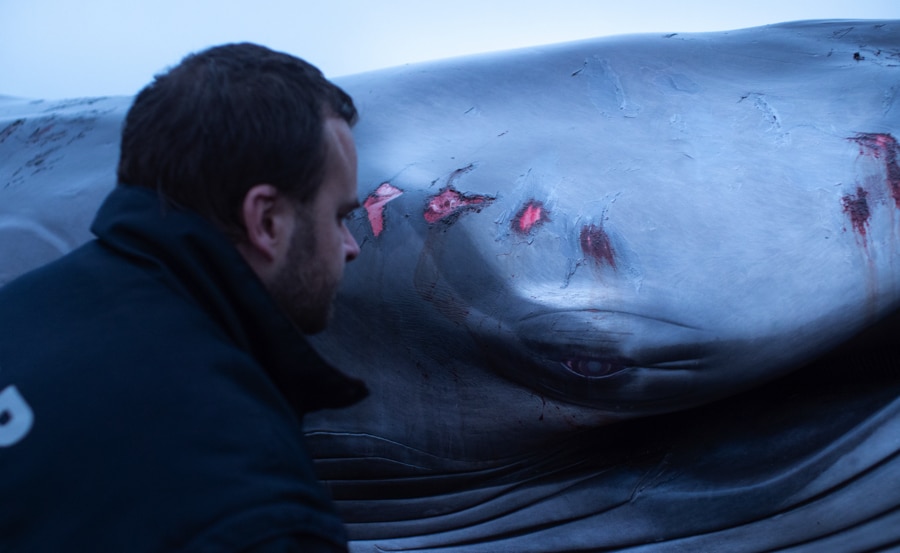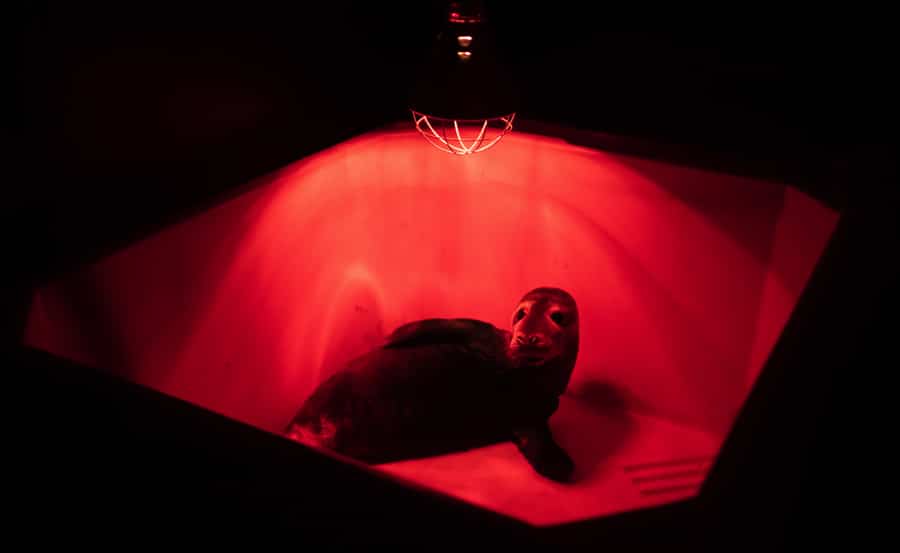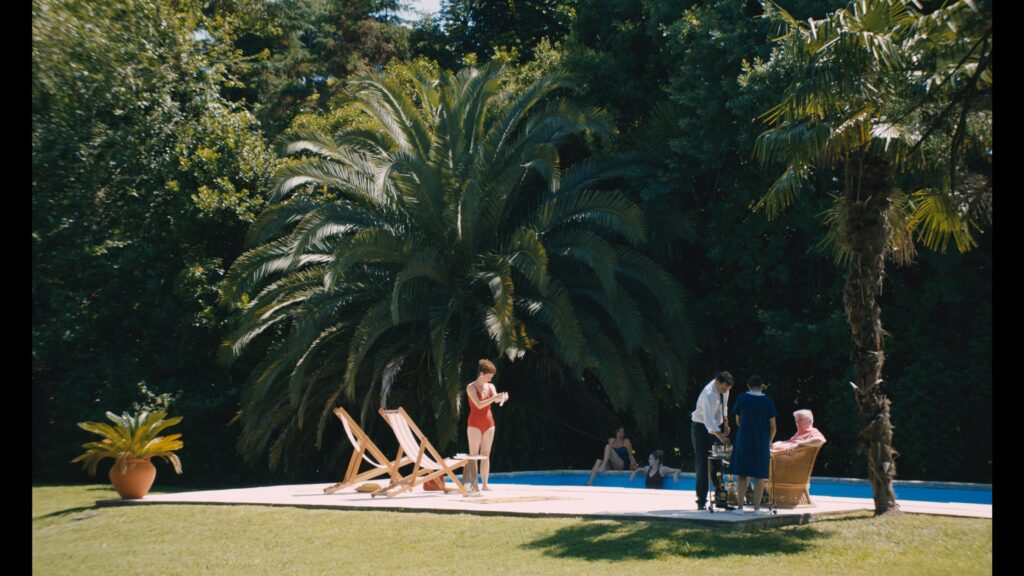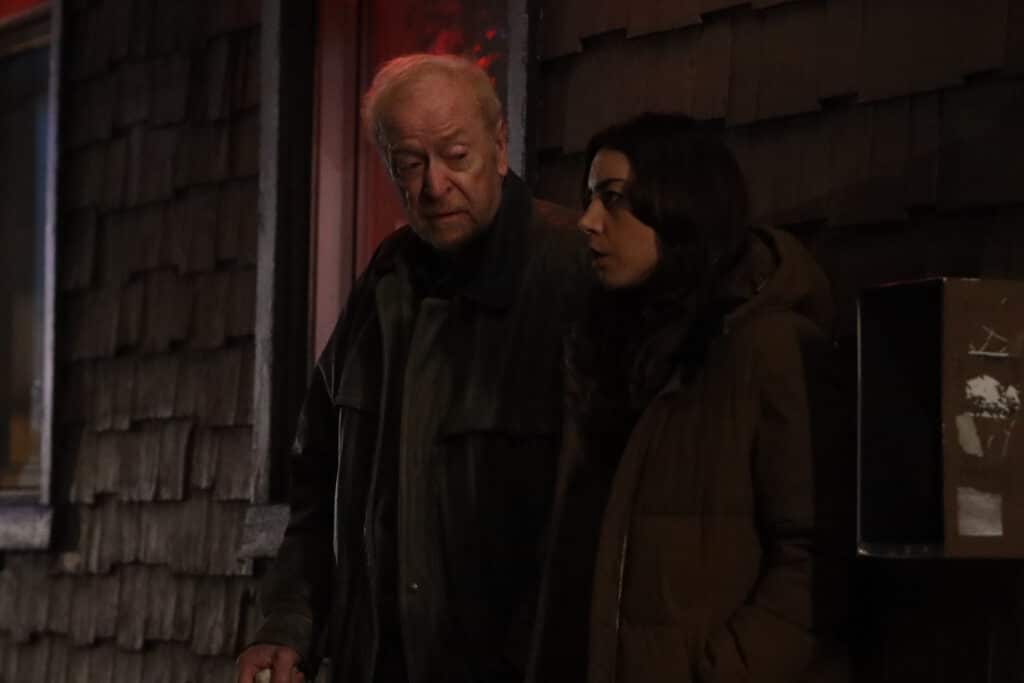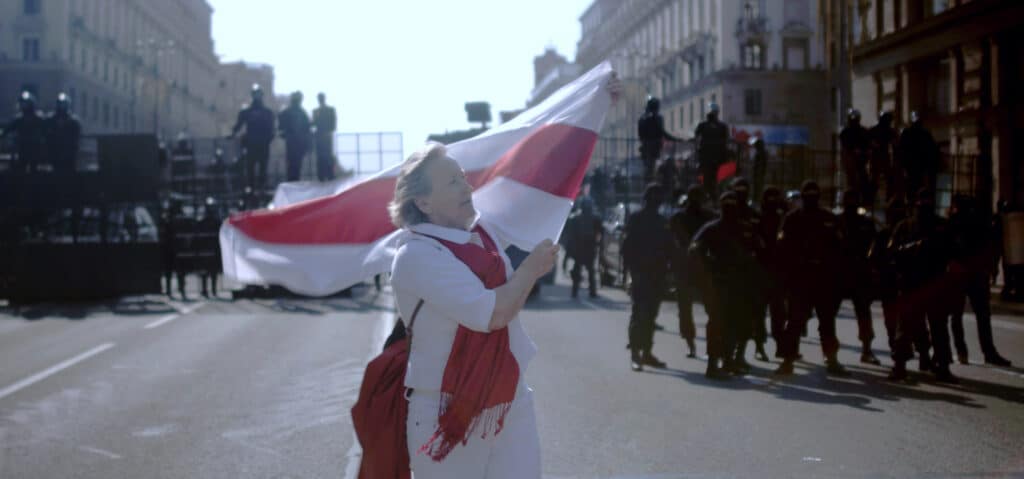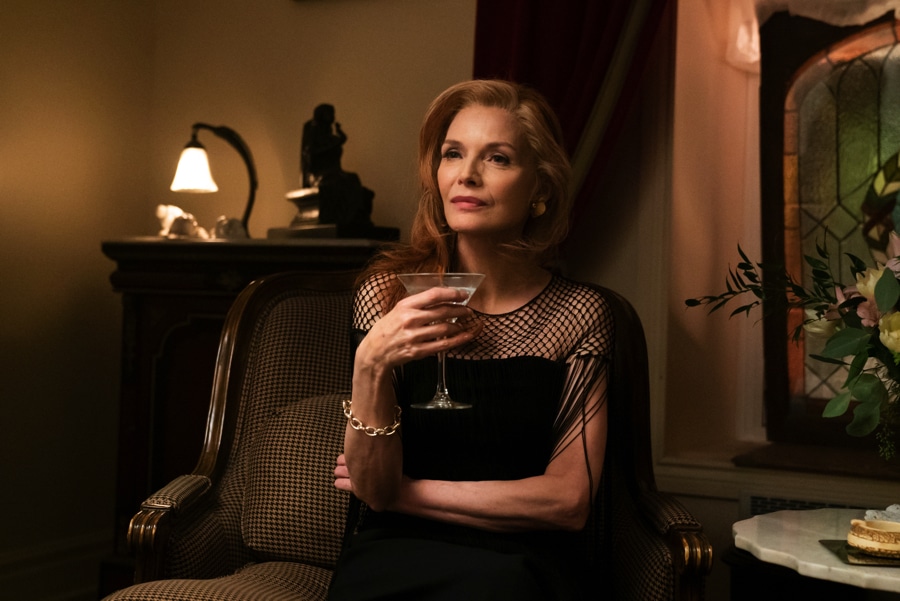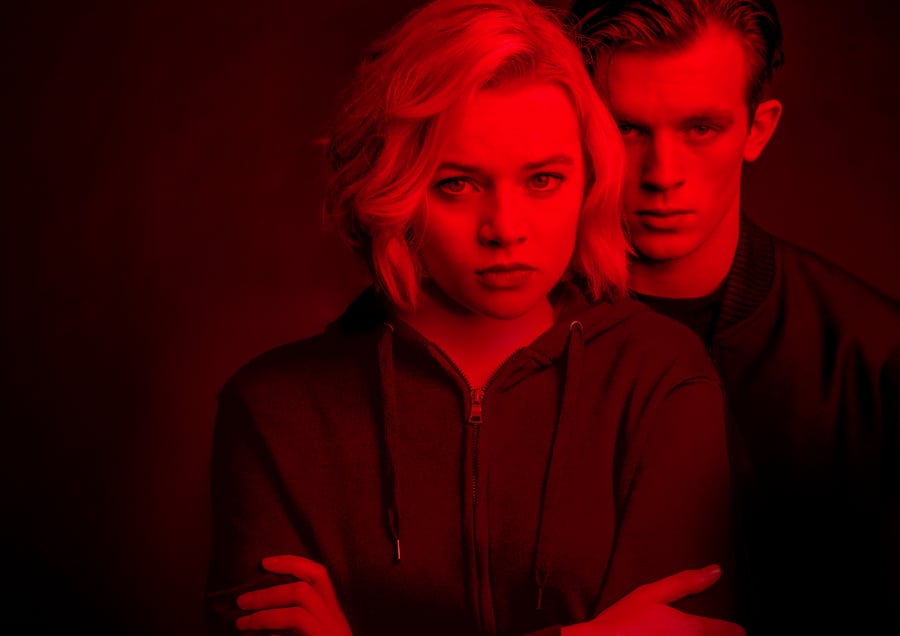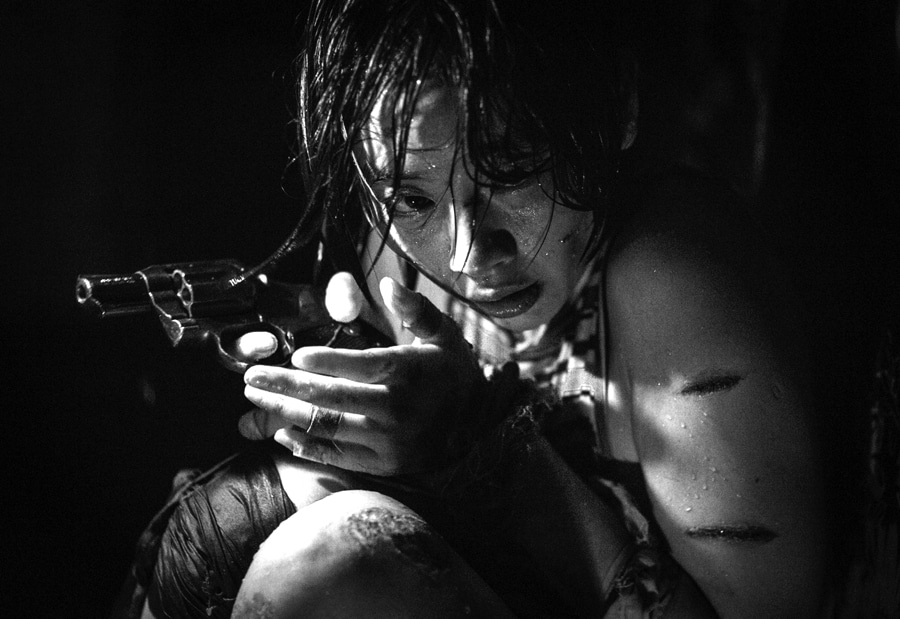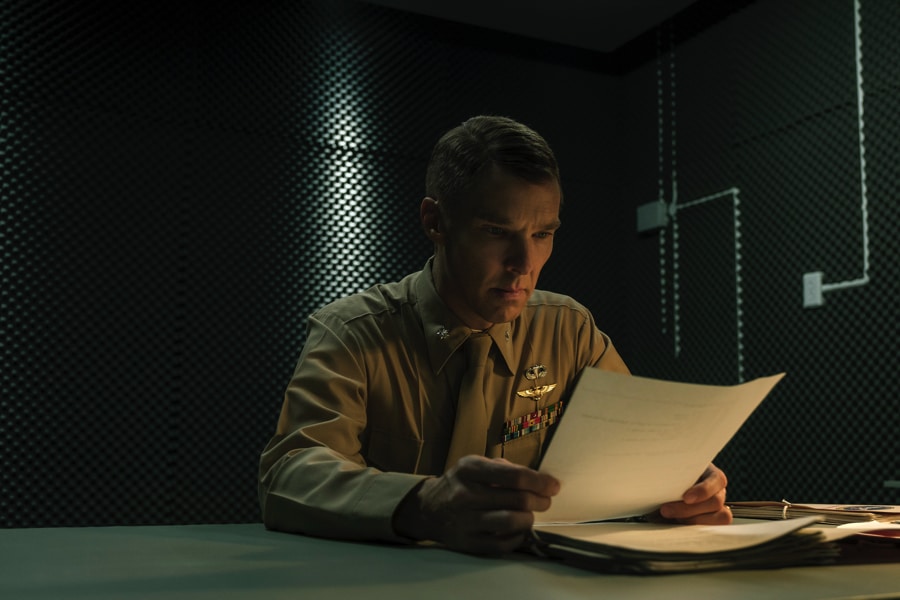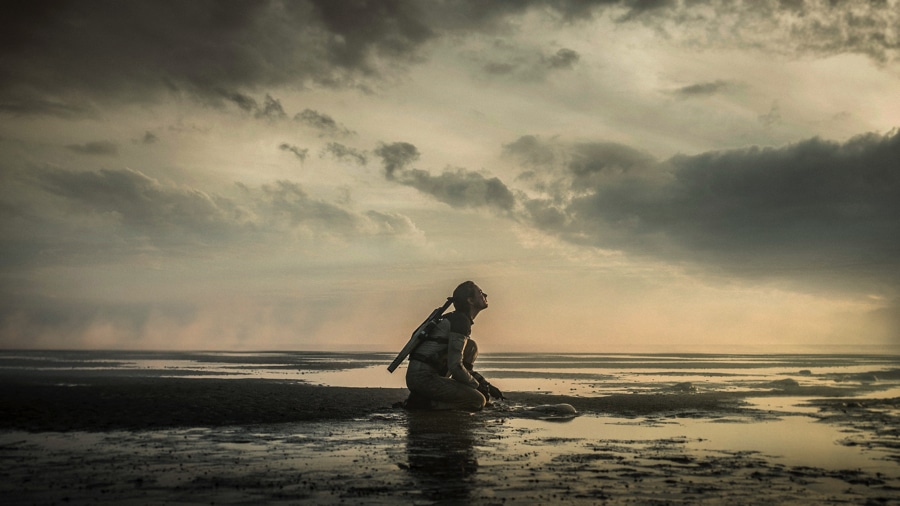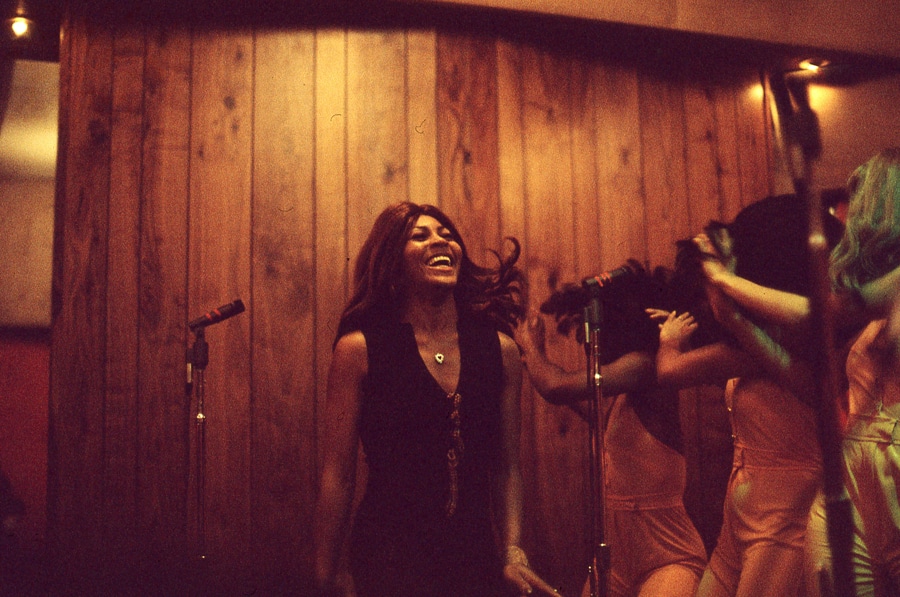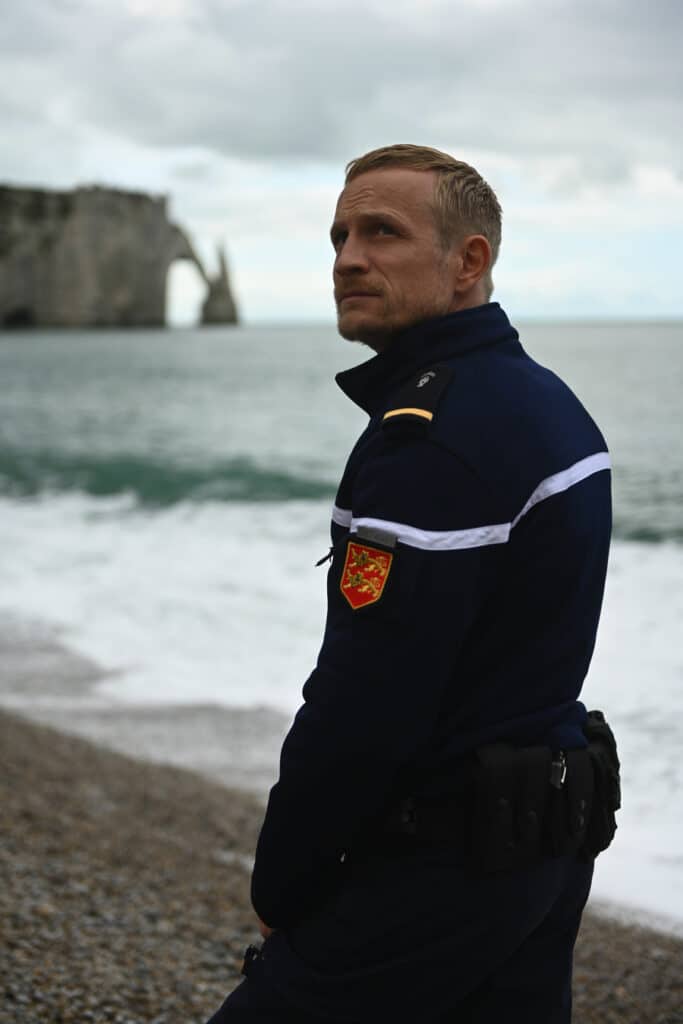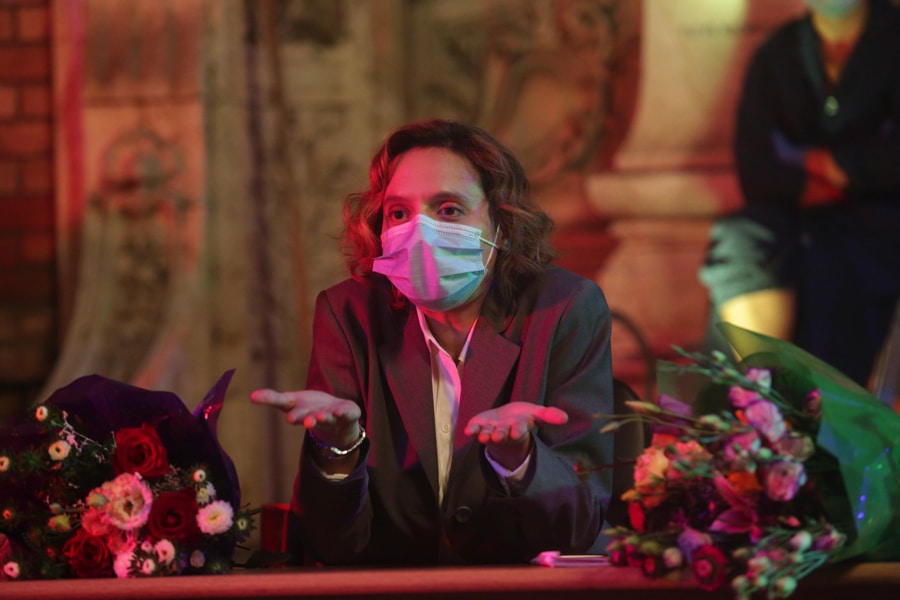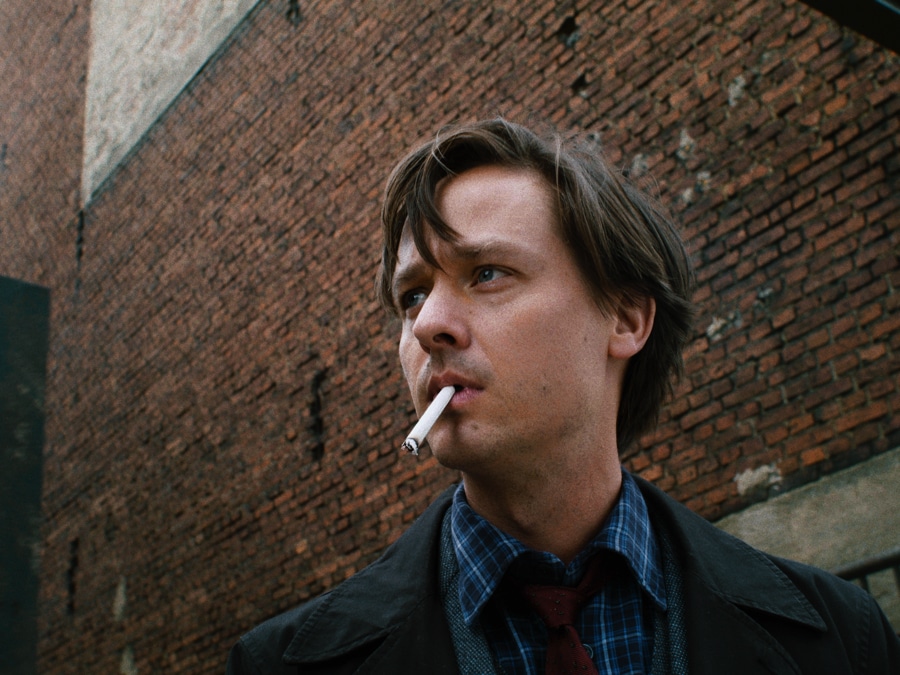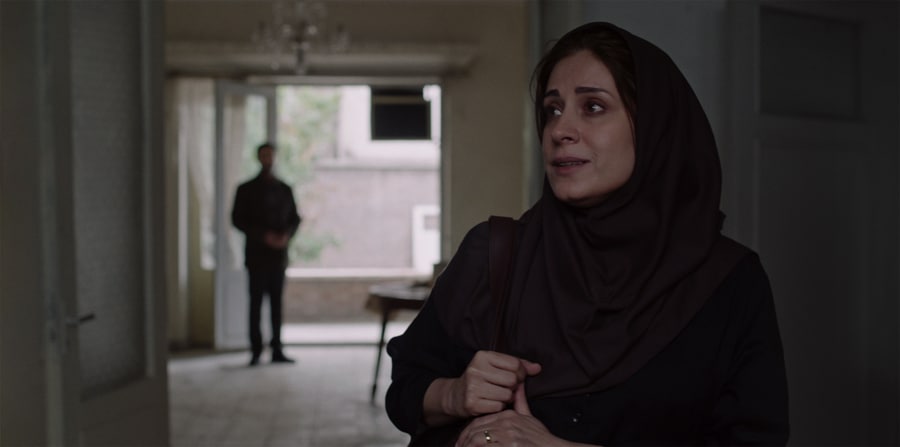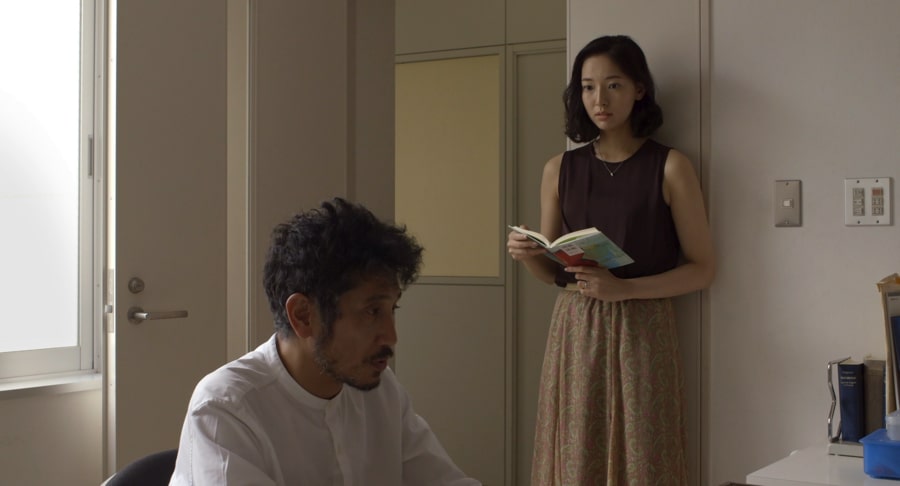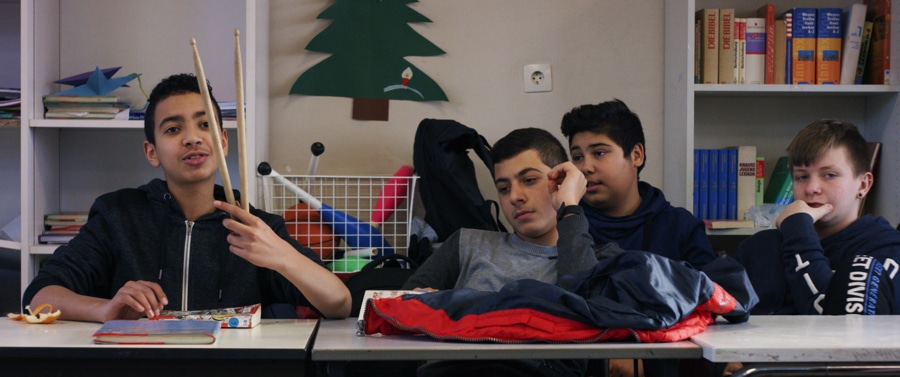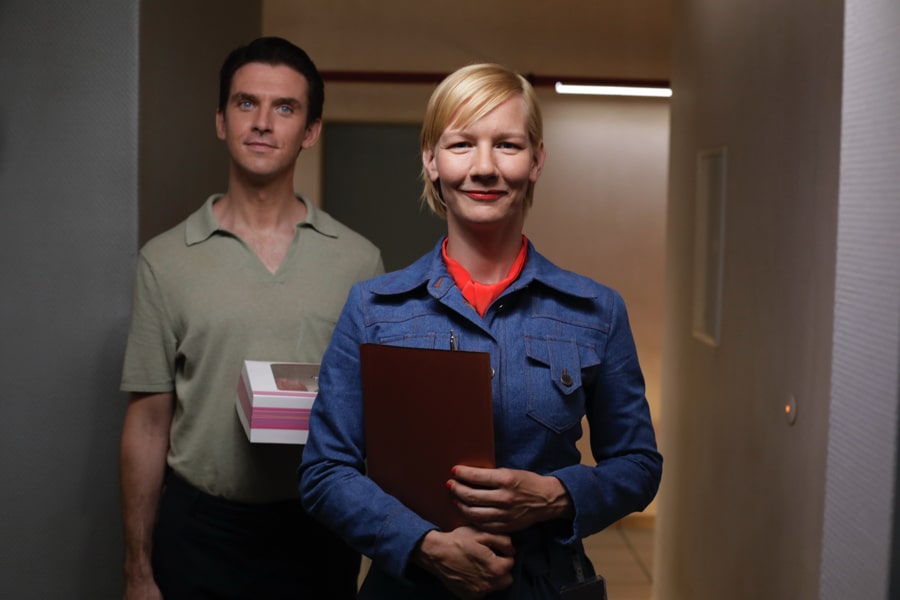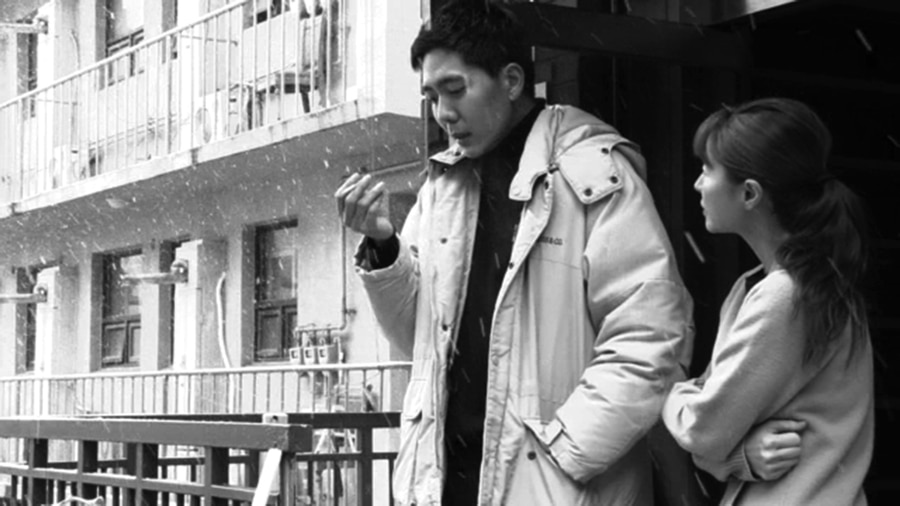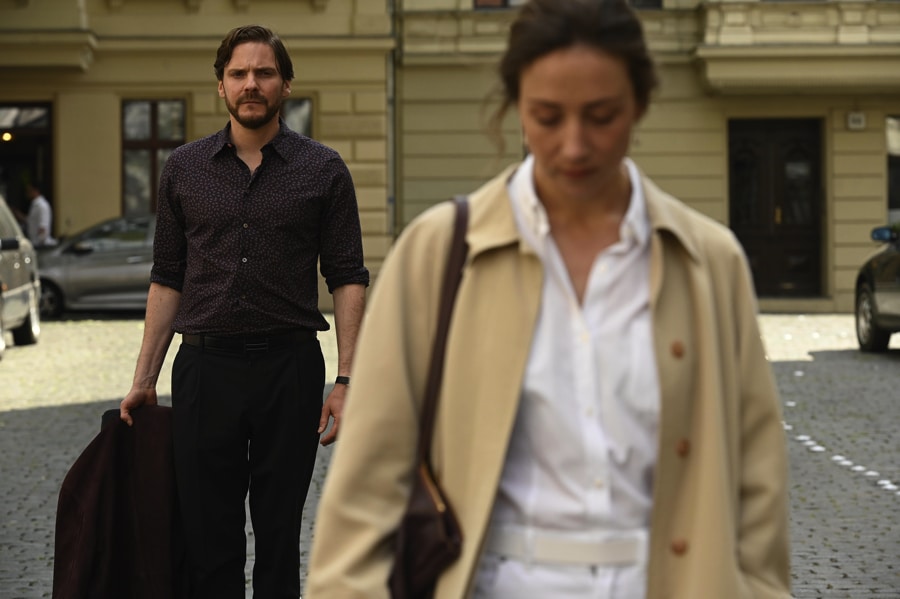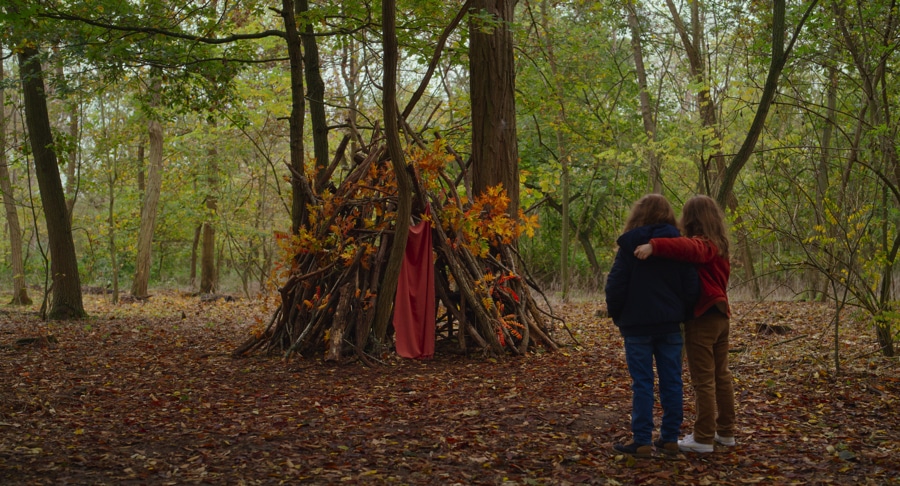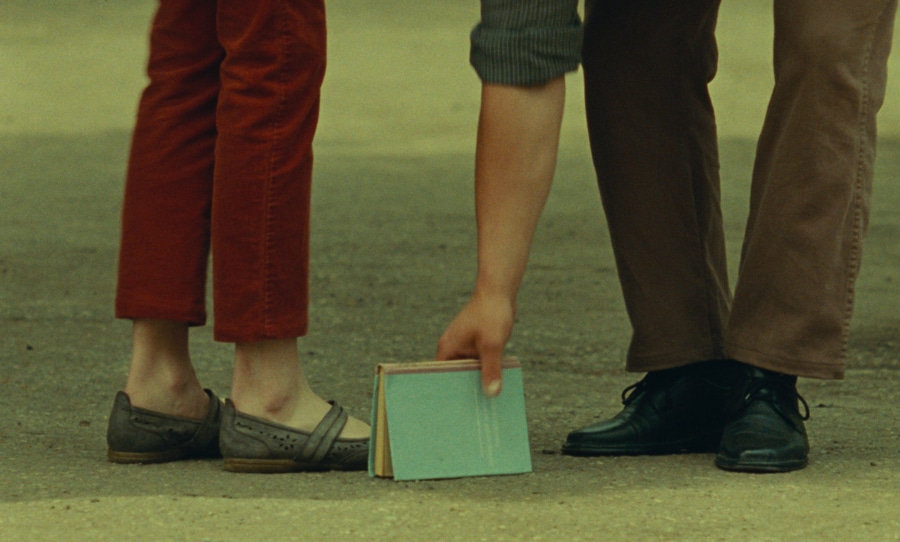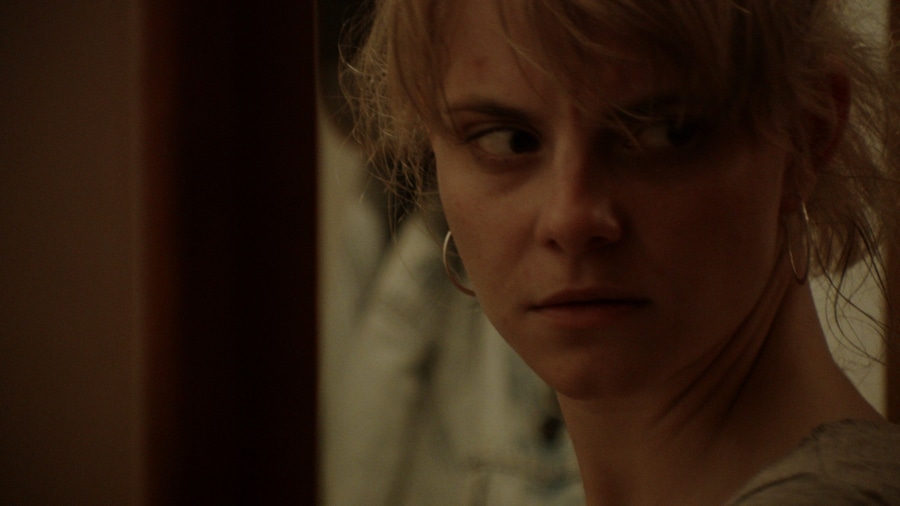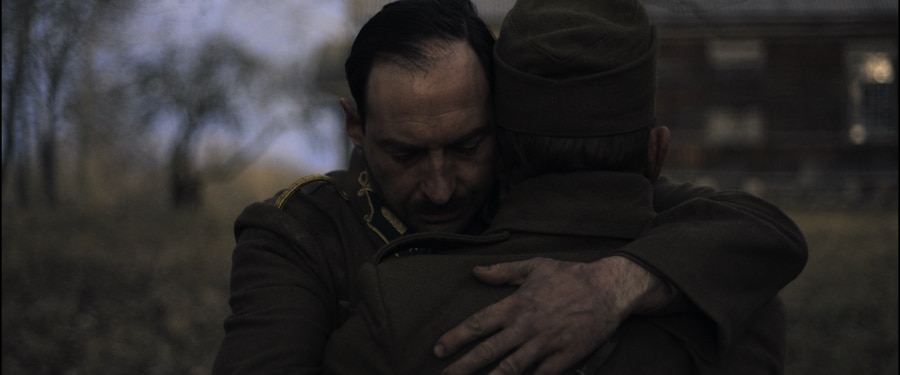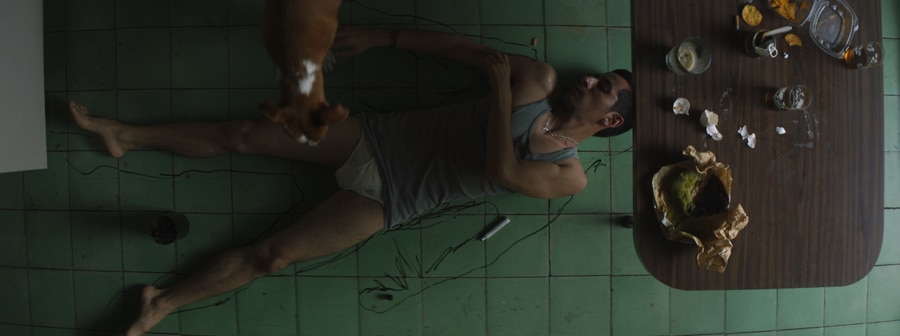Work, love, friendship, cinema: today, all these things have to be managed very differently than a year ago. The certainties we were still able to rely on in autumn 2019 have become porous. In other parts of the world where such uncertainties are part of everyday life, people may well be more practised in dealing with them. In a Western Europe geared to planning and feasibility, we still need to get used to a situation reminiscent of an agility workshop on a permanent loop. Whoever manages to shoot and finish a film under these conditions deserves great respect.
The 17-film selection that makes up the 51st Berlinale Forum focuses on works that deal with uncertainties in the world outside by embracing unpredictability in their plots and structures. It gives preference to the fragile over the proven, with more space dedicated to filmmakers at the start of their careers than their more established colleagues. Many films take narrative detours, slaloming between fiction and documentary like Manque La Banca’s debut Esquí (Ski) and dipping into archives to link findings from the past with the present. Jean-Luc Godard’s La chinoise is, for example, subjected to two separate revisions in Ephraim Asili’s The Inheritance and Vincent Meessen’s Juste un movement (Just A Movement) respectively. In her feature-length debut Sichuan hao nuren (The Good Woman of Sichuan), Sabrina Zhao transforms one of Brecht’s learning-plays into an opaque cinematic space. Uldus Bakhtiozina’s debut Doch rybaka (Tzarevna Scaling) tells a straightforward fairy tale on the one hand, while filling her fiction with dizzying culture historical pirouettes on the other. Her characters even have the shiniest diamond-encrusted teeth.
It goes without saying that more established filmmakers also form a part of the selection. With The First 54 Years – An Abbreviated Manual for Military Occupation, Israeli documentarian Avi Mograbi adds to his rich oeuvre with a bitter breakdown of the meaning of occupation. Berlin directors Chris Wright and Stefan Kolbe sound out the possibilities of documentary filmmaking in their usual unflinching manner in Anmaßung (Anamnesis). And Thai director Anocha Suwichakornpong’s Jai jumlong (Come Here) is a confident continuation of what has already marked her previous work (including 2009’s Mundane History): a blend of narrative subtlety with a view of history that cuts deep.
At a time when withdrawing into one’s own country, city, neighbourhood, flat or family is what’s being suggested, there’s a considerable risk that our realms of perception will shrink accordingly. The films of the 51st Berlinale Forum thus act as a significant help in allowing our thoughts and imaginations to stay open to the outside world.
Films of the 51st Berlinale Forum
*World premiere is used to indicate that these films have not been shown to an audience yet. Since they will be available in online screenings to a professional audience (industry and press) only, they will keep their status World premiere until they will be presented publicly in cinemas or at festivals.
*International premiere is used to indicate that these films have not been shown outside their country of origin yet. Since they will be available in online screenings to a professional audience (industry and press) only, they will keep their status International premiere until they will be presented publicly in cinemas or at festivals.
À pas aveugles (From Where They Stood)
France / Germany
by Christophe Cognet
with Christophe Cognet
*World premiere
Anmaßung (Anamnesis)
Germany
by Chris Wright, Stefan Kolbe
with Nadia Ihjelj, Josephine Hock
*World premiere
Doch rybaka (Tzarevna Scaling)
Russian Federation
by Uldus Bakhtiozina
with Alina Korol, Viktoria Lisovskaya, Valentina Yasen
*International premiere / Debut film
Esquí (Ski)
Argentina / Brazil
by Manque La Banca
with José Alejandro Colin, Segundo Botti, Shaman Herrera
*World premiere / Debut film
The First 54 Years – An Abbreviated Manual for Military Occupation
France / Finland / Israel / Germany
by Avi Mograbi
with Avi Mograbi
*World premiere
Garderie nocturne (Night Nursery)
Burkina Faso / France / Germany
by Moumouni Sanou
*World premiere / Debut film
The Inheritance
USA
by Ephraim Asili
with Eric Lockley, Nozipho McClean, Chris Jarrell
Debut film
Jai jumlong (Come Here)
Thailand
by Anocha Suwichakornpong
with Apinya Sakuljaroensuk, Waywiree Ittianunkul, Sirat Intarachote
*World premiere
Juste un mouvement (Just A Movement)
Belgium / France
by Vincent Meessen
with Dialo Blondin Diop, Ousman Blondin Diop, Marie-Thérèse Diedhiou
*World premiere
Mbah Jhiwo (Mbah Jhiwo / Ancient Soul)
Spain
by Alvaro Gurrea
with Yono Aris Munandar, Sayu Kholif, Musaena’h
*World premiere / Debut film
No táxi do Jack (Jack’s Ride)
Portugal
by Susana Nobre
with Amindo Martins Rato, Maria Carvalho, Joaquim Verissimo
*World premiere
Qué será del verano (What Will Summer Bring)
Argentina
by Ignacio Ceroi
with Ignacio Ceroi, Mariana Martinelli, Charles Louvet
*World premiere
A River Runs, Turns, Erases, Replaces
USA
by Shengze Zhu
*World premiere
Sichuan hao nuren (The Good Woman of Sichuan)
Canada
by Sabrina Zhao
with Weihang He, Ruobing Zhao
*World premiere / Debut film
Ste. Anne
Canada
by Rhayne Vermette
with Isabelle d’Eschambault, Jack Theis, Valerie Marion
*World premiere / Debut film
Taming the Garden
Switzerland / Germany / Georgia
by Salomé Jashi
La veduta luminosa (The Luminous View)
Italy / Spain
by Fabrizio Ferraro
with Alessandro Carlini, Catarina Wallenstein, Freddy Paul Grunert
*World premiere
THE 51st BERLINALE FORUM | MARCH 2021

